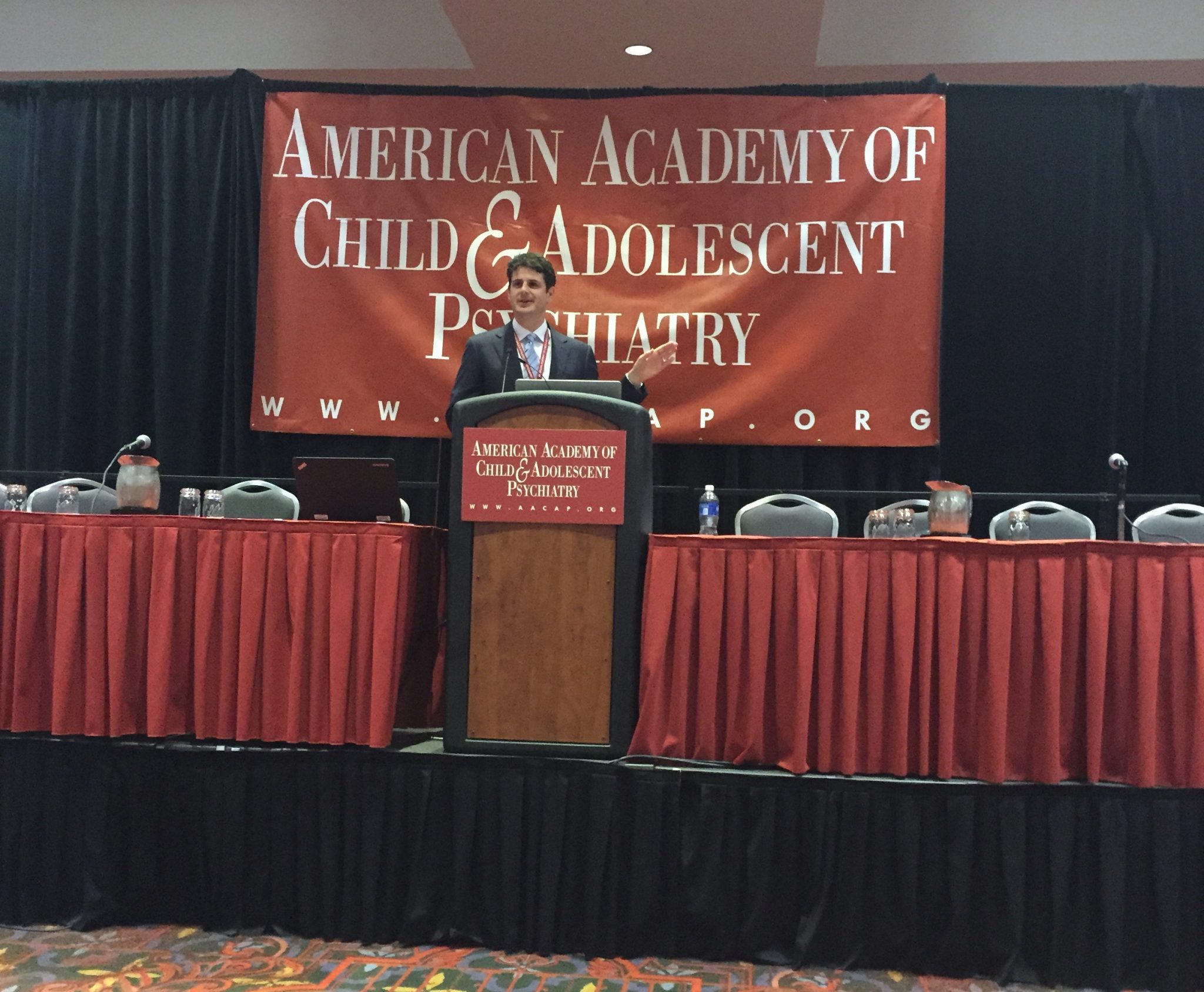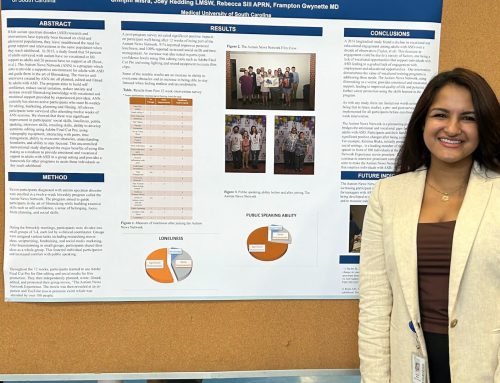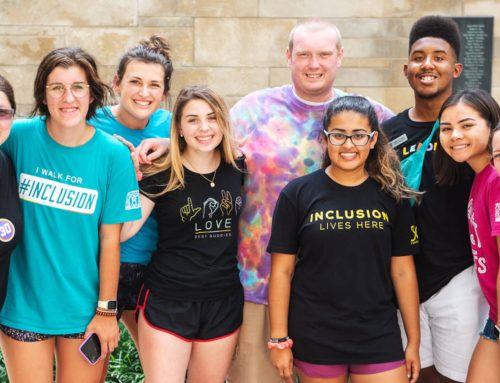Did you know that, according to a new CDC survey, autism may affect as many as 1 in 45 American children? It’s true.
As Disability Scoop’s article CDC Survey Finds Autism On The Rise notes:
In a report released Friday, the U.S. Centers for Disease Control and Prevention’s National Center for Health Statistics said that as of 2014, some 2.24 percent of American kids had received a diagnosis on the spectrum.
Given these statistics, it’s all the more essential for autism professionals to continue learning and equipping themselves to provide excellent services. The autism population is soaring, and we want to do as much as we can to help educate, inform, and inspire.
As such, it’s fitting to announce that one of our team recently presented at a prestigious conference.
Our very own Dr. Gwynette presented a talk titled: “Behavioral treatments in Autism Spectrum Disorder: A review of the evidence” at the 2015 Annual Meeting for the American Academy of Child and Adolescent Psychiatry (AACAP) in San Antonio, Texas last month!
The talk covered the important role of behavioral interventions in the treatment plan for patients with Autism and was part of an all-day Institute titled “Assessment and Management of Autism and Associated Psychopathology.”
Specific therapies discussed included:
- Applied Behavioral Analysis (ABA therapy)
- Early Intensive Behavioral Intervention
- Early Start Denver Model
- The Treatment and Education of Autistic and related Communication-Handicapped Children (TEACCH)
- Social Skills Training
- Cognitive Behavioral Therapy (CBT)
Dr. Gwynette also participated in AACAP’s Autism and Intellectual Disability Committee meeting, and is currently collaborating with colleagues to develop innovative teaching methods for trainees in the area of Autism and Intellectual Disabilities.
In addition, Dr. Gwynette took part in AACAP’s annual Mentorship Program for Medical Students and Residents.
In his words, “This was a wonderful gathering to provide support, guidance, and encouragement to future Child and Adolescent Psychiatrists!”




